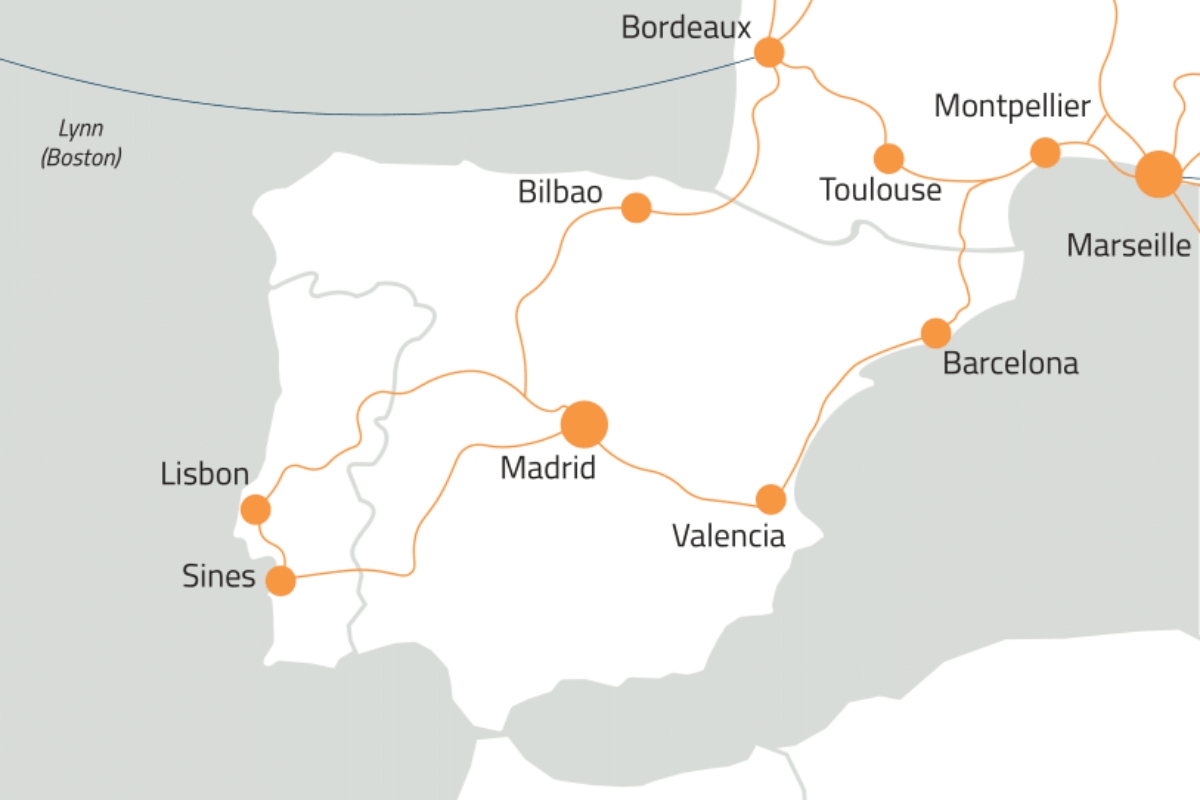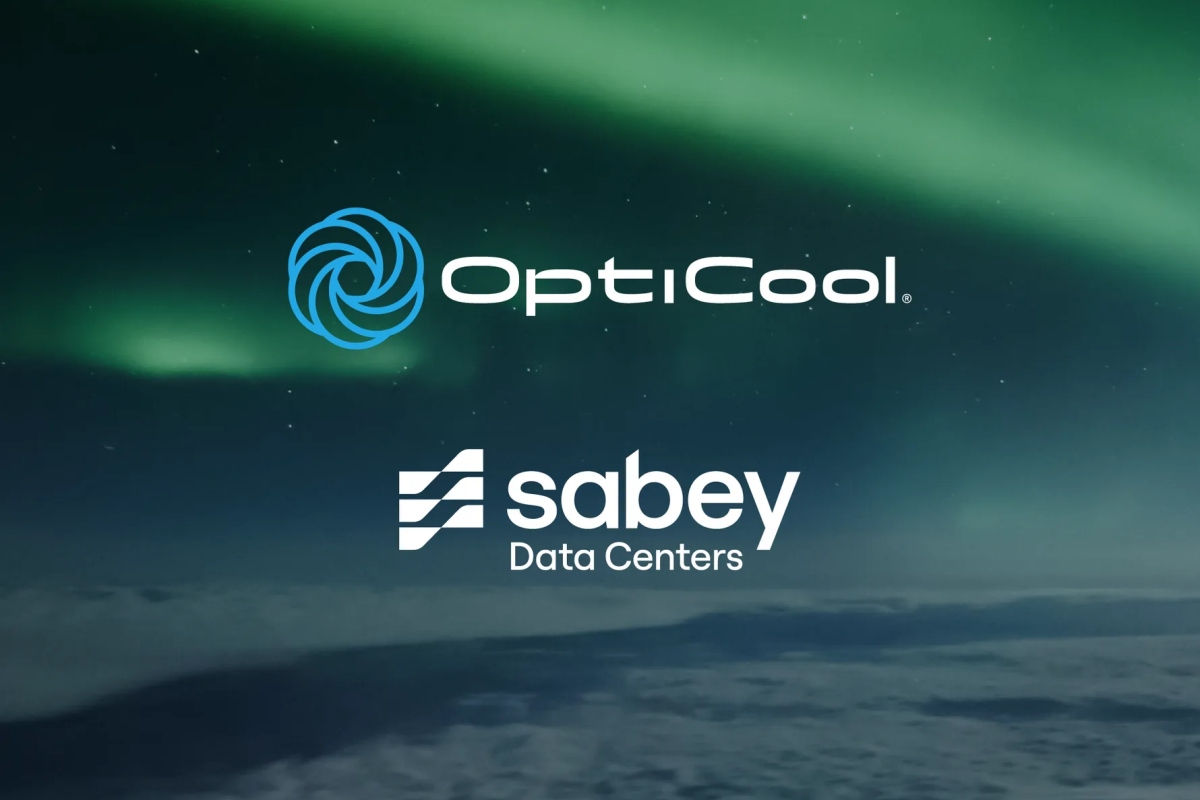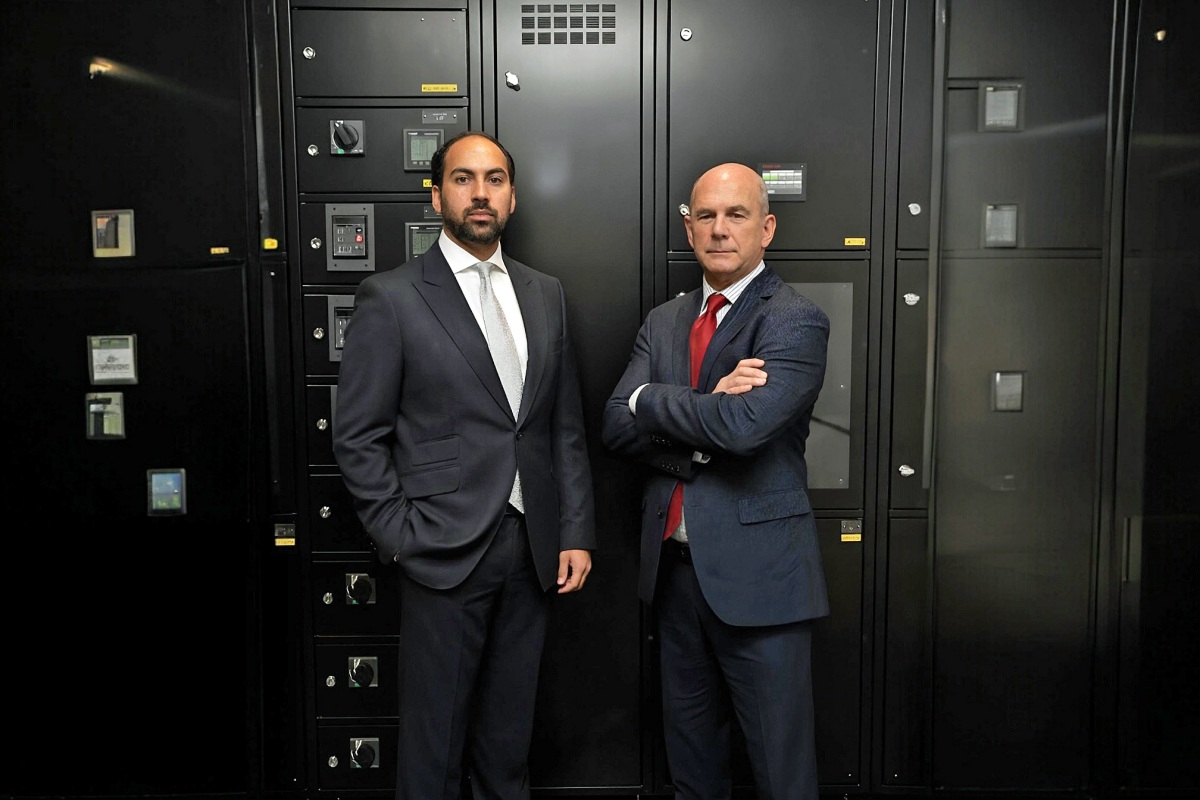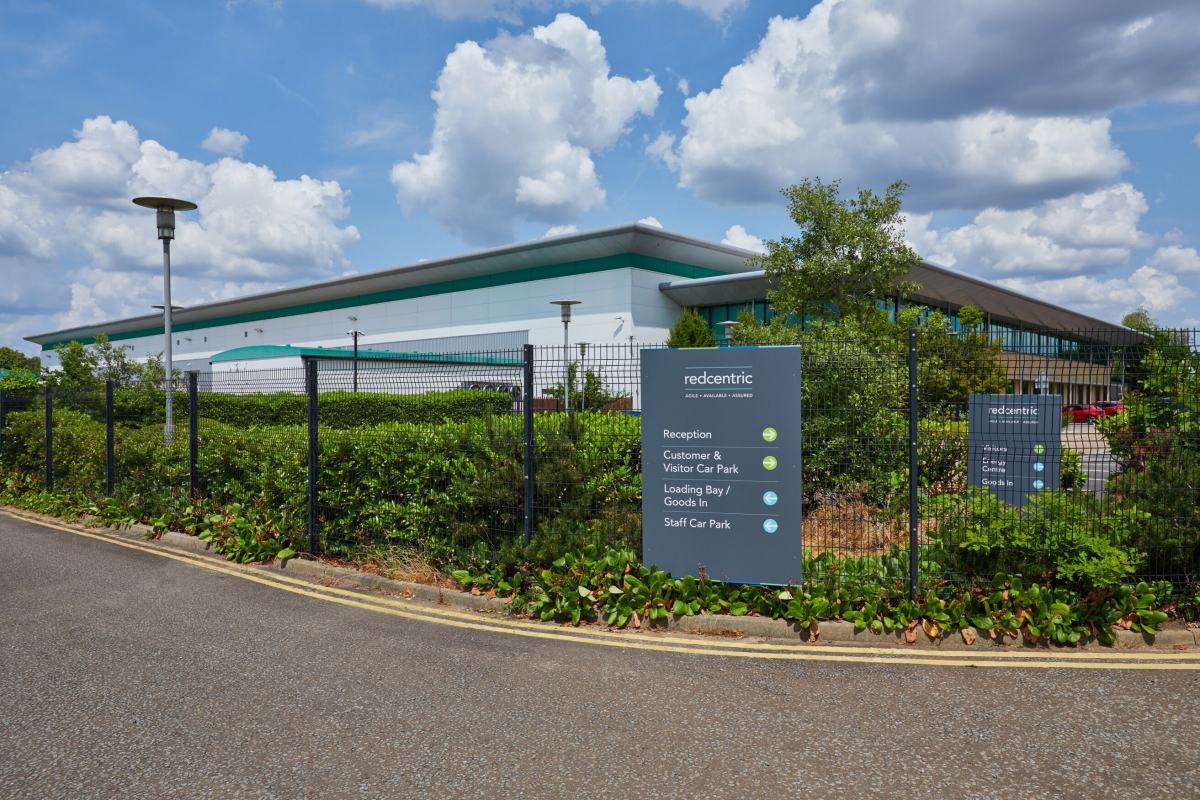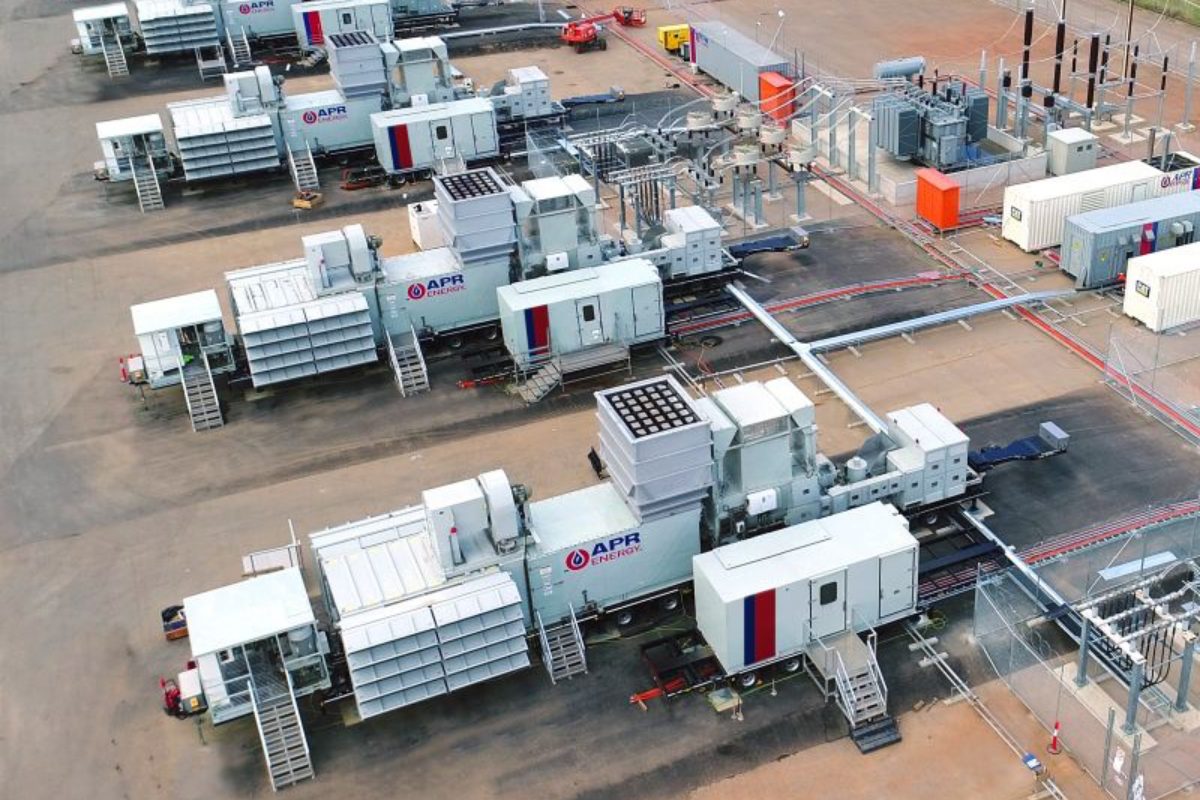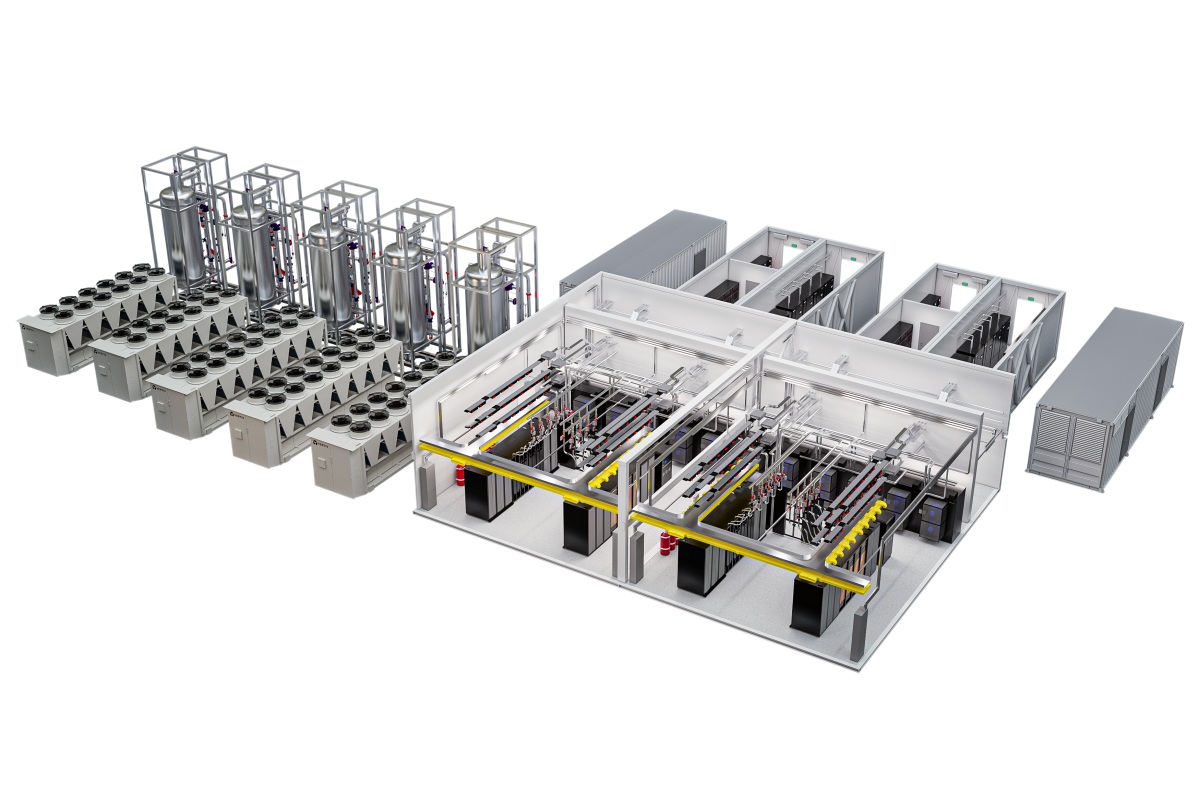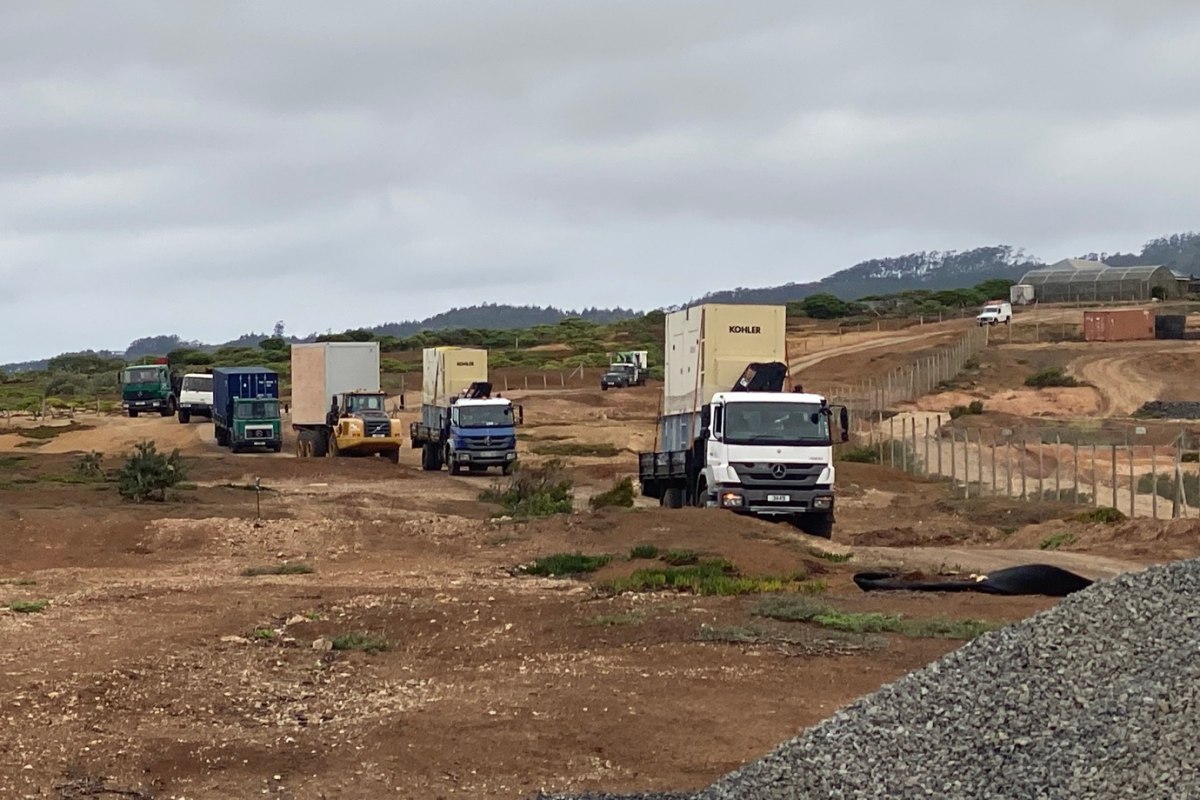21 January 2026
Motivair introduces scalable CDU for AI data centres
Motivair introduces scalable CDU for AI data centres
21 January 2026
Vertiv expands perimeter cooling range in EMEA
Vertiv expands perimeter cooling range in EMEA
20 January 2026
Molex turns infrastructure into advantage
Molex turns infrastructure into advantage
20 January 2026
Datacloud Middle East comes to Dubai
Datacloud Middle East comes to Dubai
Latest News
Data Centre Infrastructure News & Trends
Enterprise Network Infrastructure: Design, Performance & Security
News
Zayo Europe partners with Reintel for network in Iberia
Data Centre Infrastructure News & Trends
Innovations in Data Center Power and Cooling Solutions
Liquid Cooling Technologies Driving Data Centre Efficiency
Sabey Data Centers partners with OptiCool Technologies
Data Centre Infrastructure News & Trends
Data Centre Operations: Optimising Infrastructure for Performance and Reliability
Innovations in Data Center Power and Cooling Solutions
Modular Data Centres in the UK: Scalable, Smart Infrastructure
Prism expands into the US market
Data Centre Build News & Insights
Data Centre Infrastructure News & Trends
Enterprise Network Infrastructure: Design, Performance & Security
Sustainable Infrastructure: Building Resilient, Low-Carbon Projects
Huber+Suhner expands sustainable packaging drive
Data Centre Build News & Insights
Data Centre Infrastructure News & Trends
Data Centre Projects: Infrastructure Builds, Innovations & Updates
Innovations in Data Center Power and Cooling Solutions
Multi-million pound Heathrow data centre upgrade completed
Data Centre Infrastructure News & Trends
Innovations in Data Center Power and Cooling Solutions
News
APR increases power generation capacity to 1.1GW
Data Centre Infrastructure News & Trends
Innovations in Data Center Power and Cooling Solutions
Liquid Cooling Technologies Driving Data Centre Efficiency
Products
Vertiv launches new MegaMod HDX configurations
Data Centre Build News & Insights
Events
Exploring Modern Data Centre Design
DCNN to host webinar with CRH
Data Centre Business News and Industry Trends
Data Centre Training & Certification Programs
News
DE-CIX, Nomad Futurist partner to tackle skills gap
Data Centre Build News & Insights
Data Centre Operations: Optimising Infrastructure for Performance and Reliability
Data Centre Projects: Infrastructure Builds, Innovations & Updates
Modular Data Centres in the UK: Scalable, Smart Infrastructure
SITE delivers modular DC on remote Atlantic island

